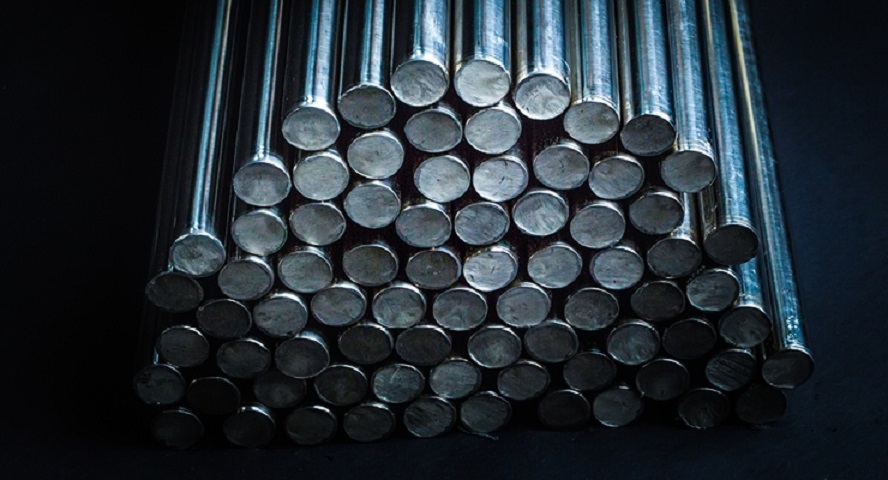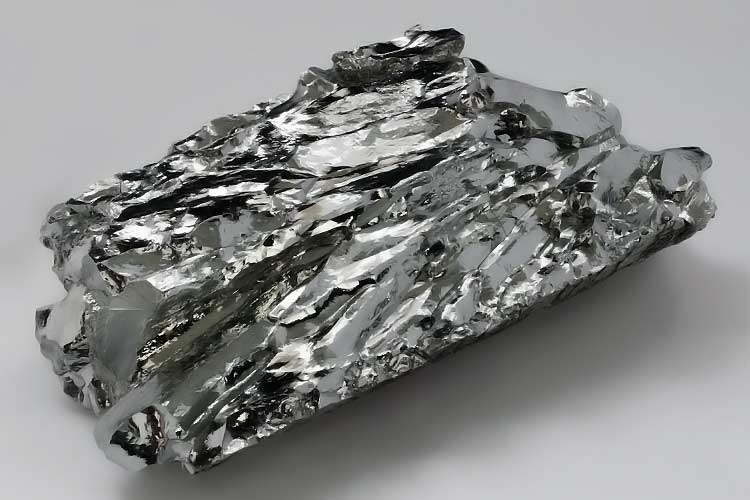Influence of Molybdenum on the Performance of Stainless Steel

Influence of Molybdenum on the Performance of Stainless Steel
Molybdenum is a refractory metal like tungsten. Its melting point is 2620℃, and it has the advantages of strong interatomic bonding, a small expansion coefficient, high electrical conductivity, and good thermal conductivity. The influence of molybdenum on the performance of stainless steel is as follows.

Influence of Molybdenum on the Performance of Stainless Steel
The oxidation effect of molybdenum on stainless steel is not significant. Therefore, when the chromium-nickel stainless steel maintains a single austenite structure and no intermetallic precipitation, the addition of molybdenum has little effect on its room-temperature mechanical properties.
However, with the increase of molybdenum content, the high-temperature strength of steel is improved, such as durability, creep, and other properties are greatly improved. Therefore, molybdenum-containing stainless steel is often used at high temperatures.
The addition of molybdenum increases the high-temperature deformation resistance of steel, and there is often a small amount of ferrite in the steel, so the hot workability of molybdenum-containing stainless steel is worse than that of molybdenum-free steel, and the higher the molybdenum content, the worse the hot workability. In addition, it is easy to precipitate one million κ (σ) phases in austenitic stainless steel containing molybdenum, which will significantly deteriorate the plasticity and toughness of the steel. Therefore, in the production, equipment manufacturing, and application of molybdenum-containing austenitic stainless steel, attention should be paid to preventing the formation of intermetallic phases in the steel.
The main function of molybdenum in stainless steel is to improve the corrosion resistance of the steel against reducing media, pitting corrosion resistance, and crevice corrosion resistance. Respectively, the influence of molybdenum on the corrosion resistance of chromium-nickel austenitic stainless steel in nitric acid, sulfuric acid, acetic acid, phosphoric acid, urea, and other media. It can be seen that except in the oxidizing medium HNO3, the role of molybdenum is positive. Therefore, austenitic stainless steel containing molybdenum is generally not resistant to nitric acid corrosion, unless the nitric acid contains F-, Cl-.
Conclusion
Thank you for reading our article and we hope it can help you have a better understanding of the influence of molybdenum on the performance of stainless steel. If you want to learn more about molybdenum or other refractory metals, we would like to advise you to visit Advanced Refractory Metals (ARM) for more information.
Headquartered in Lake Forest, California, USA, Advanced Refractory Metals (ARM) is a leading manufacturer & supplier of refractory metals & alloys across the world. It provides customers with high-quality refractory metals & alloys such as tungsten, molybdenum, tantalum, rhenium, titanium, and zirconium at a very competitive price.
{{item.content}}
LEVE A REPLY
{{item.children[0].content}}
{{item.content}}






